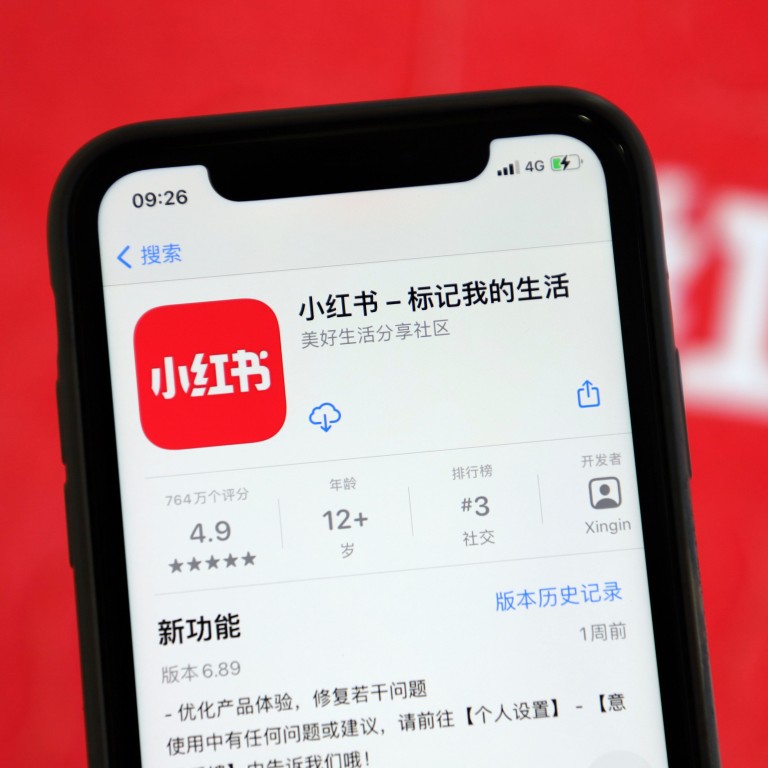
Chinese social e-commerce firm Xiaohongshu trims 9 per cent of staff, joining Alibaba, Tencent, others in lay-off wave
- The Instagram-like platform, popular with China’s Gen-Z for finding and rating products, said it is cutting employees who failed to pass performance reviews
- China’s tech industry has been beset with lay-offs after months of industry crackdowns last year, while internet platforms more carefully police online content
Xiaohongshu, an Instagram-like Chinese social e-commerce platform, said it is cutting 9 per cent of employees for subpar performance, making the Shanghai-based firm the latest to cut a significant portion of its workforce amid the country’s technology industry upheaval.
The lay-offs are “normal [personnel] optimisations as part of our performance review process, impacting less than 10 per cent of our workforce”, a Xiaohongshu spokeswoman said on Friday.
The company said that the employees who are being let go failed to pass their performance reviews, and it has started negotiations with affected staff on their severance packages. Compensation is based on the number of years served, plus one month’s salary, according to Xiaohongshu’s Chinese statement.
China’s Little Red Book raises US$500 million amid IPO waiting game
In recent quarters, tech firms have been shifting away from a growth-at-all-costs business model, which has proven unsustainable under new regulatory oversight, to focus on reducing operational costs.
It is now a go-to platform for China’s Generation-Z users to find what to buy, where to visit, and even which hotels to book for quarantine.
Chinese lifestyle platform puts US IPO on hold amid Beijing crackdown



